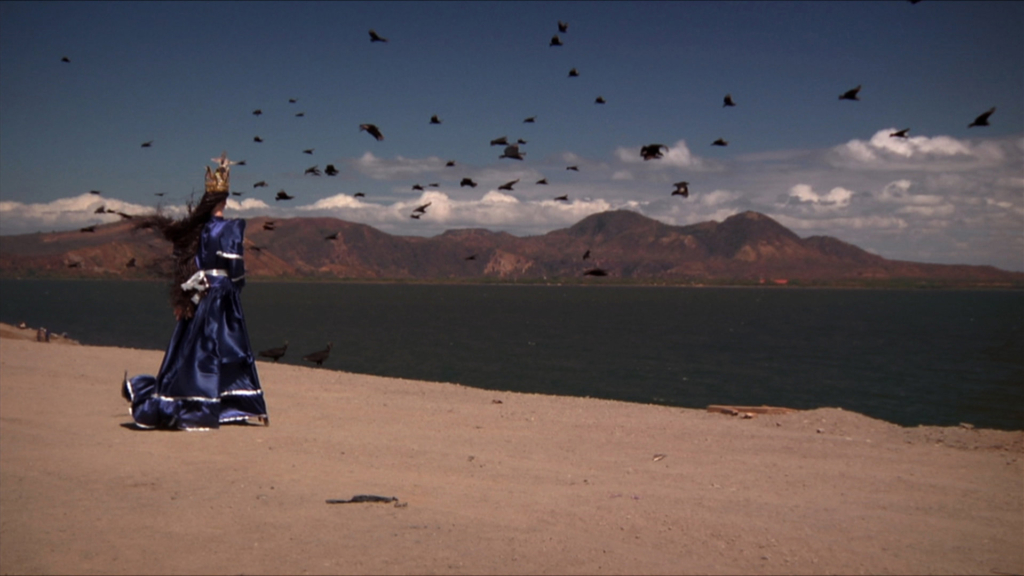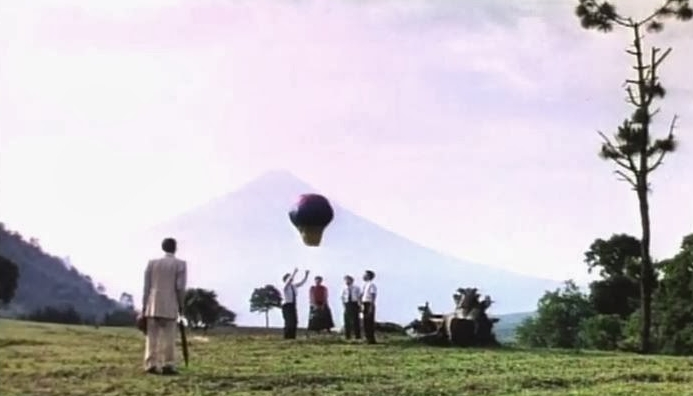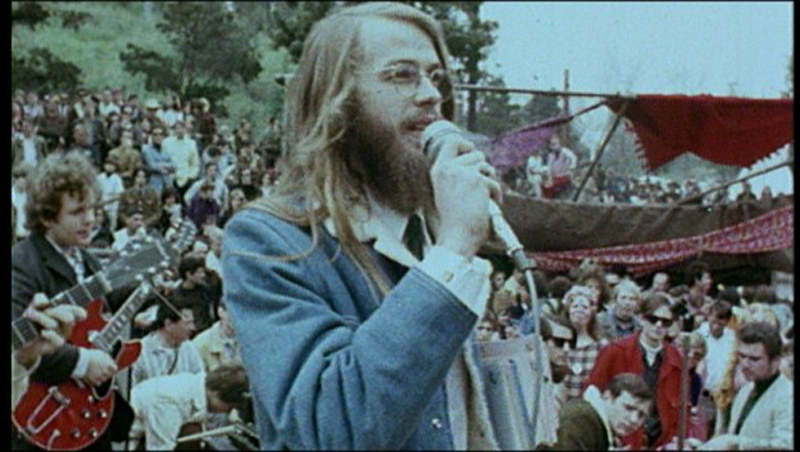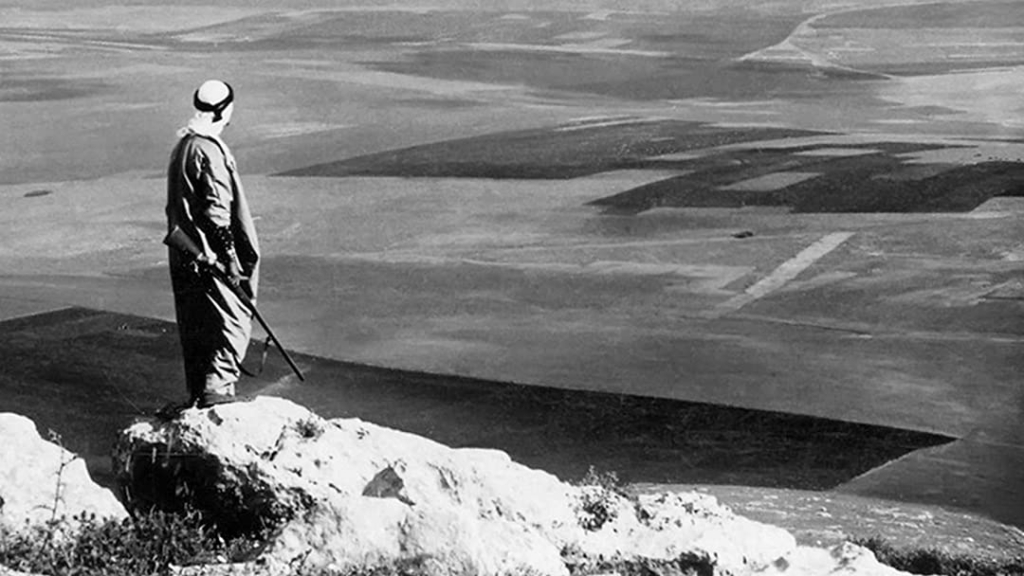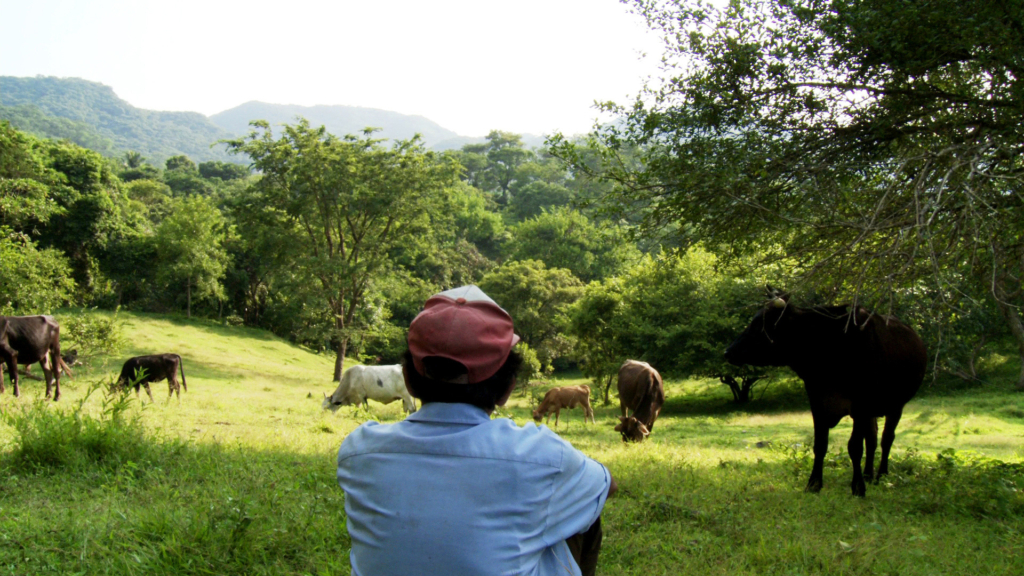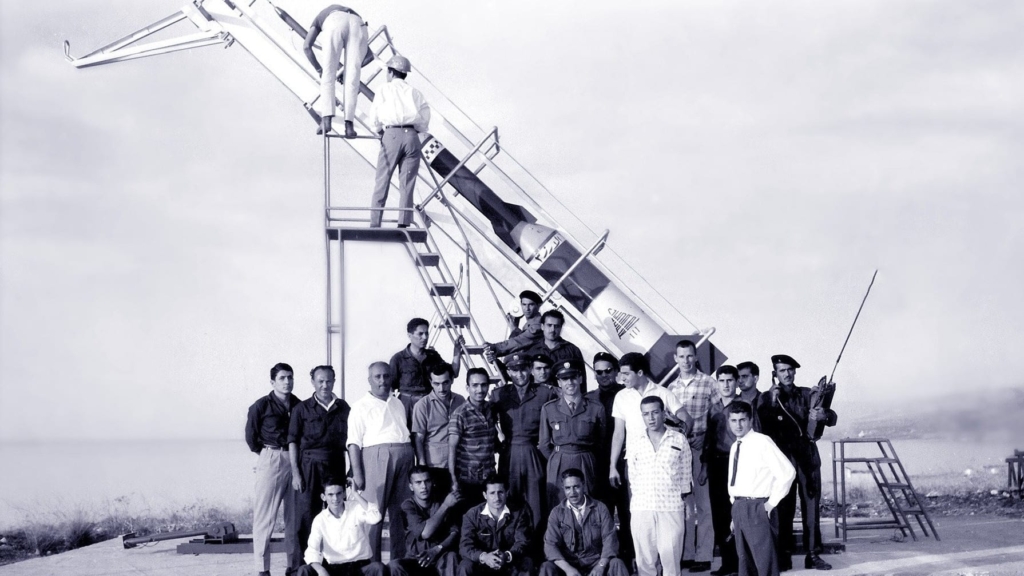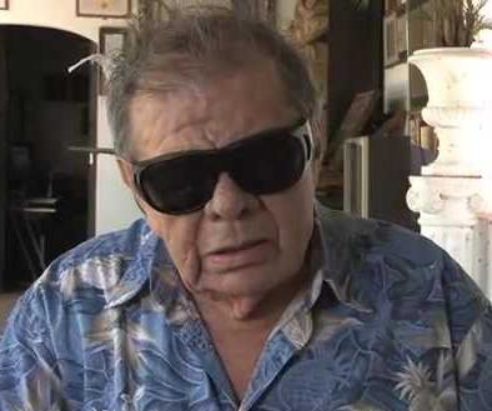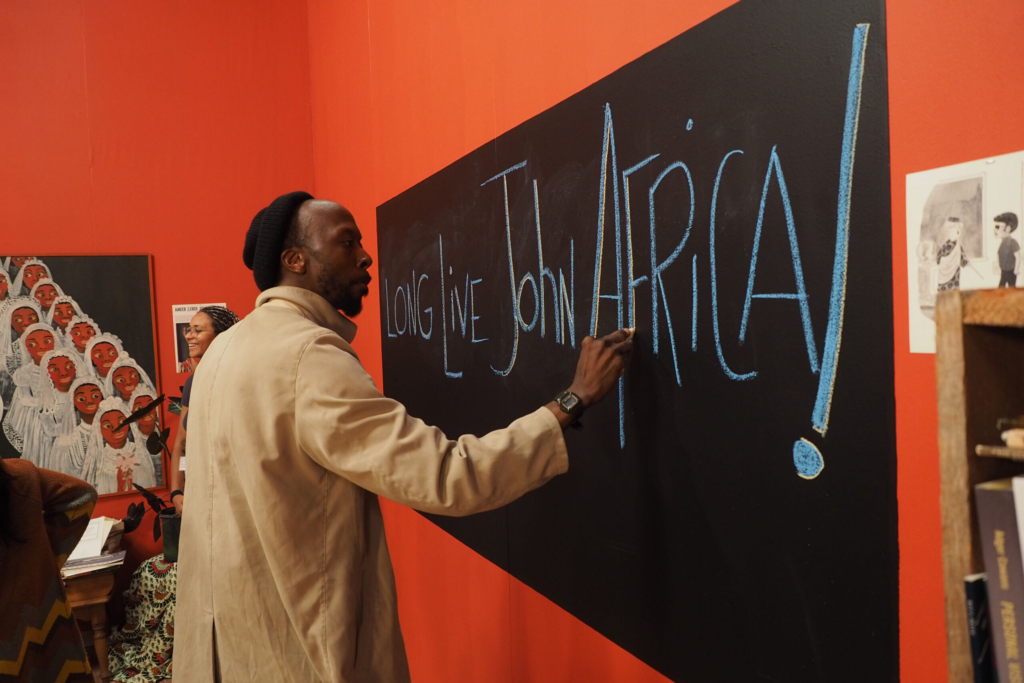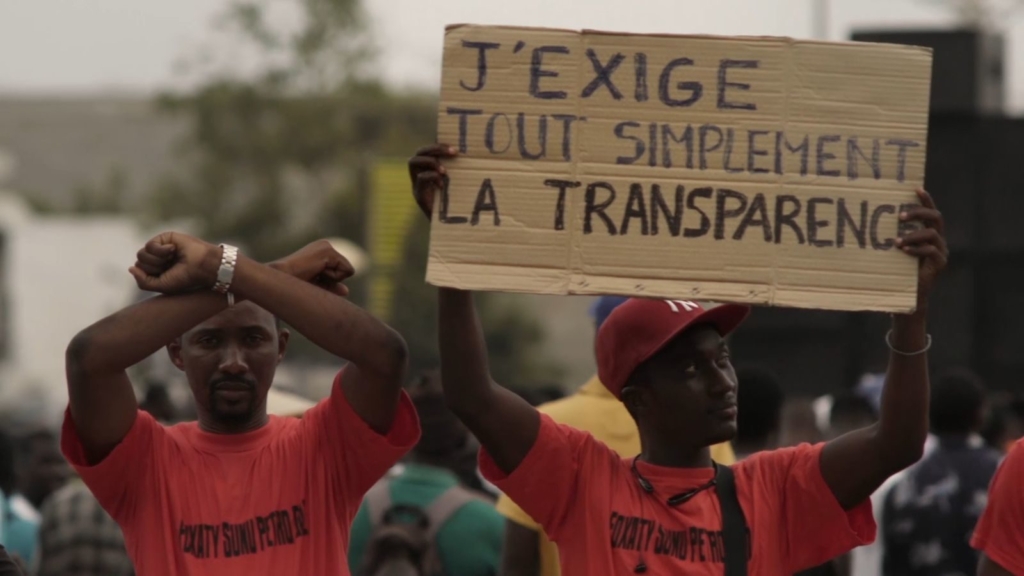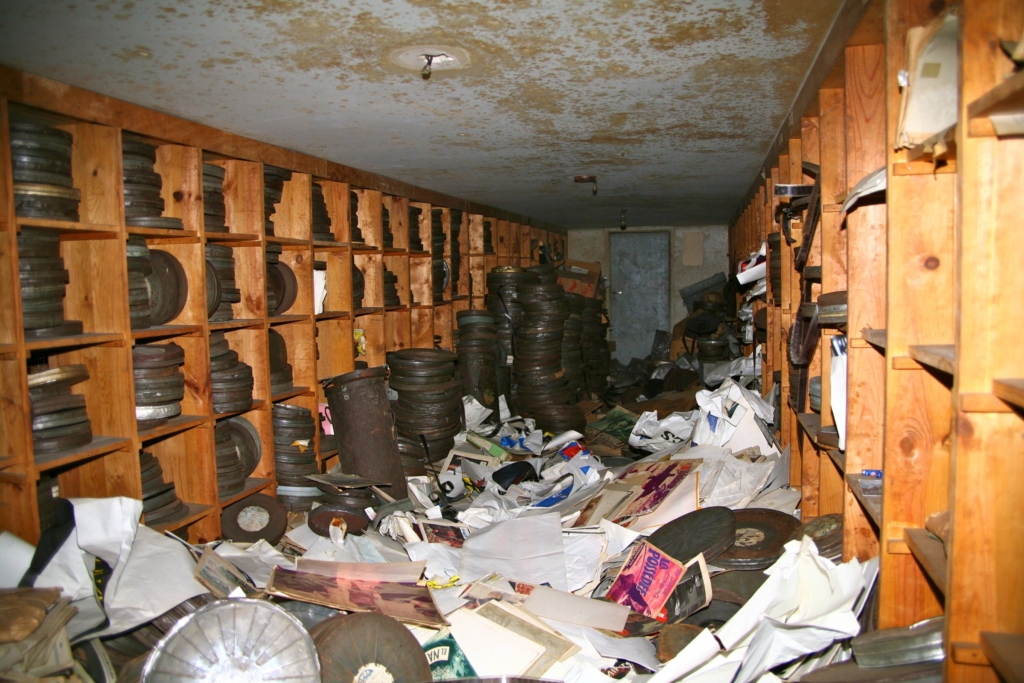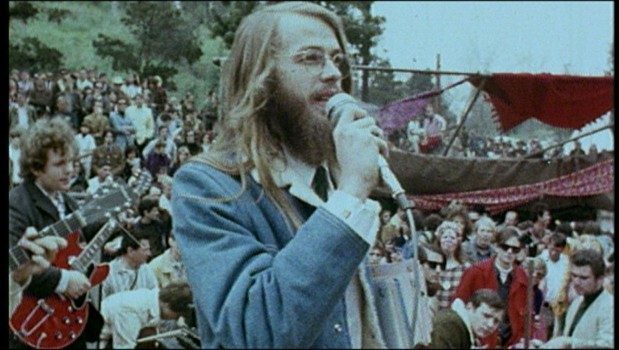Ali Essafi studied Psychology in France. His directorial debut titled General, Here We Come! (Général, nous voilà!)(1997), a documentary about Moroccan veterans in the French army, was awarded the Special Jury Award at the Namur Film Festival. His films include The Silence of the Beet Fields (Le Silence des champs de betteraves) (1998), Ouarzazate the Movie (2001), Cheikhates Blues (2004), Wanted (2011), and Crossing the Seventh Gate (Ubur al-Bab al-Sabe‘h) (2017). He moved back to Morocco in 2002 and worked as an advisor to the Moroccan public television channel for three years before returning to film directing in 2009.
Ben Salama is an author and filmmaker, who studied filmmaking at the Institut des Hautes Etudes Cinématographiques (IDHEC) in 1973. He was born in Algeria but settled in France from the age of 20. He has written several books, including Au Nom de l’Islam: Enquête sur une religion instrumentalisée (2009), and directed several documentary films, such as Une Histoire algérienne (2012), 1954, la fin d’un monde (2013), and Nasser du rêve au désastre (2016).
Don Kent is a Scottish film director with a long career directing films for television. He gained recognition for directing Metallica’s last live video, Français pour une nuit, in the Nîmes arena in 2009. He has directed numerous recordings of shows at the Comédie-Française. His filmography includes Goodbye Britain? (2016); Juste avant l’orage (2013); Ballade pour une reine (2011); Sidi Larbi Cherkaoui—Rêves de Babel (2009); Jirí Kylián—Mémoires d’oubliettes (2008); Les Enfants de l’Opéra de Pékin (2007); Jeanne d’Arc au bûcher (2006); Bill. T. Jones (2004); Kabuki- La voie du geste (2003); Jeff Buckley (1999); Pierre Bourdieu (1998); and Salut polar… (1985).
Ephraim Asili is a filmmaker, deejay, and radio host whose focus is the African diaspora as a cultural force. His films have screened in festivals and venues all over the world, including the New York Film Festival, Toronto Film Festival, and Ann Arbor Film Festival where he received the Most Promising Filmmaker Prize. He has served as instructor and technical director at Bard College and at the Scribe Video Center in Philadelphia.
Guillermo Escalón is a Salvadoran filmmaker living and working in Canada. He directed his documentary Guatemala, dos religiones in 1973 and collaborated with Baltazar Polío as cameraman for the film Topiltzín(1975). In 1980, he worked as a cameraman in the film Morazán, where he committed to record the genesis of the first Central American guerrilla fighters. The film won the main prize at the International Leipzig Festival for Documentary & Animated Film. After that, Escalón established a production team with Manuel Sorto, called Zero to the Left, that joined the System Radio Venceremos to help with the production of films for the Ejército Revolucionario del Pueblo (ERP) (Revolutionary Army of the People). He directed Carta de Morazán (1982) and Tiempo de audacia (1983), a narrative feature film about US support of the Salvadoran army. When peace was made in El Salvador, he committed his efforts to rescuing the country’s film heritage and created the documentary Alejandro (1993), which used film by Alejandro Cotto that he restored which had been discovered in rusted cans at the Apollo movie theater in San Salvador. Since 1998, Escalón has worked on several Brazilian, Guatemalan, and Italian co-productions as a cinematographer, director, and producer. His filmography includes The Illuminated of the Volcano (2002), What Sebastian Dreamed (2001), Le pays hanté (2000), Princess (1999), Miguel Angel of Asturias (1999), Antonio et Hélène (1999), In the Company of Fear (1998), Ixcan (1998), Alexander (1993), and The Decision to Win (1981).
Joana Hadjithomas and Khalil Joreige are Lebanese filmmakers and artists, who have directed several films together and created numerous photo and video installations shown in museums, biennials, and art centers around the world. They are also university teachers, board members of Metropolis Cinema, and co-founders of Abbout Productions (with Georges Schoucair). Their films have received international critical acclaim and won several awards. They include Al Bayt el Zaher (Around the Pink House)(1999), El Film el Mafkoud (The Lost Film)(2003), A Perfect Day (2005), Je veux voir (I Want to See)(2008), Khiam 2000- 2007(2008), and Memory Box(2021).
Luis Argueta is a Guatemalan-American film director and producer whose work has been focused on transnational immigrant stories since 1977. His feature film, The Silence of Neto was the first Guatemalan film met with international acclaim. His film series on immigration (abUSed: The Postville Raid; Abrazos; and The U Turn, 2010) valorized the true human face of immigrants, their resilience as a community, and celebrated the contributions immigrants have brought to American society. Argueta produced and directed Collect Call (2002), and Los orígenes del silencio (2005), a documentary about the 20 years leading up to the production of The Silence of Neto.
Mercedes Moncada Rodríguez was born in 1972 in Seville to Spanish and Nicaraguan parents. She has lived in Spain, Venezuela, Nicaragua, and Mexico. After studying sociology, she worked as a researcher. From 1996 to 2001, she worked as a producer of advertising, documentary, and feature films. In 2003, she made her first full-length documentary film, La pasión de María Elena. El Inmortal is her second film.
Mohanad Yaqubi is a filmmaker, producer, and one of the founders of Idioms Film. Yaqubi is also one of the founders of the research and curatorial collective Subversive Films as well and a resident researcher at The Royal Academy of Fine Arts (KASK) in Gent, Belgium. Yaqubi’s first feature film Off Frame AKA Revolution Until Victory (2016) made its premieres at TIFF, Berlinale, Cinema du Reel, Dubai IFF, and Yamagata, he is presently finishing his second feature essay non-fiction film, The Tokyo Reels.
Tatiana Huezo Sánchez is a Salvadorian-Mexican filmmaker who graduated from the Centro de Capacitación Cinematográfica in Mexico. She earned a graduate degree at the Pompeu Fabra University in Barcelona. Her first feature, El lugar más pequeño premiered in 2011, traveling to 50 international film festivals and winning several international awards. Her second feature, Tempestad (2016), also a festival success and award winner, depicted a Mexican women unjustly accused of human trafficking and another woman searching for her missing daughter. Her third film Noche de fuego (Prayers for the Stolen), a narrative feature, premiered at Cannes Film Festival’s Un Certain Regard section in 2021.
Vincent Meessen is a visual artist and filmmaker whose artistic and filmic frameworks interrogate narratives of history, colonial legacies, and the westernization of imaginaries. Meessen uses procedures of collaboration that emphasize the intelligence of collectives. His films have been screened at numerous museums and art centers including Centre Pompidou (Paris), HKW (Berlin), MUMOK (Vienna), Museo Reina Sofia (Madrid), and in film festivals including IFFR (Rotterdam), IDFA (Amsterdam), FID (Marseille) and FESPACO (Ouagadougou). Main solo exhibitions have taken place in Montreal, Toronto, Paris, Basel, Brussels, Bordeaux, Mexico, Amsterdam. Meessen represented Belgium at the 56th Venice Biennale with Personne et les autres, a group show with ten invited artists from four continents. He is a member of Jubilee-platform for research and artistic production.

